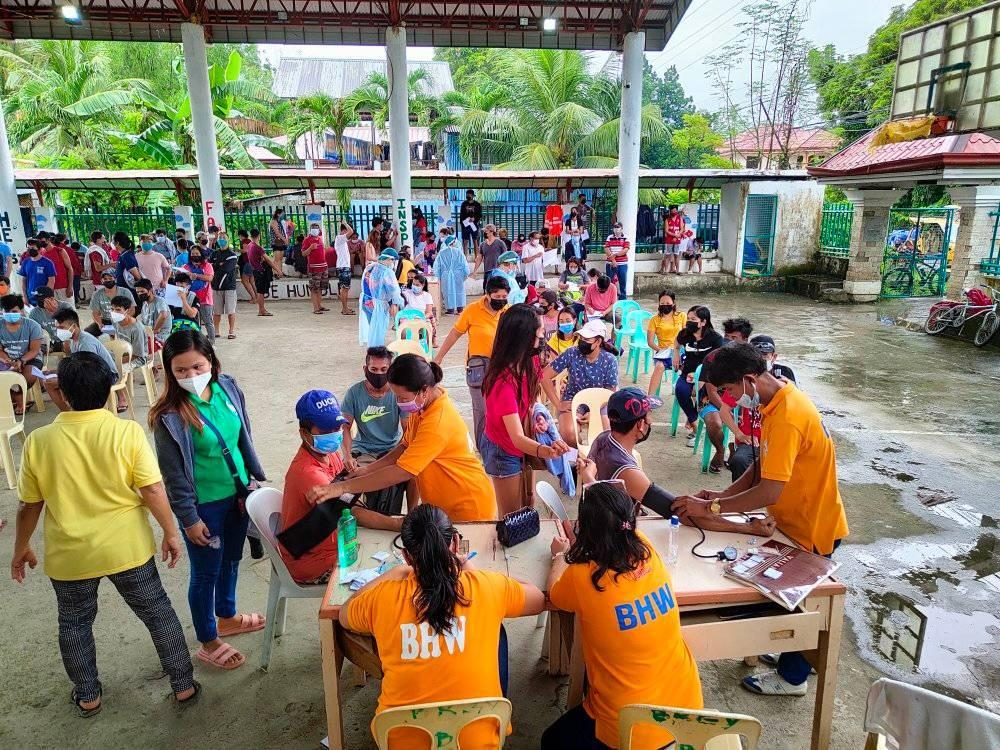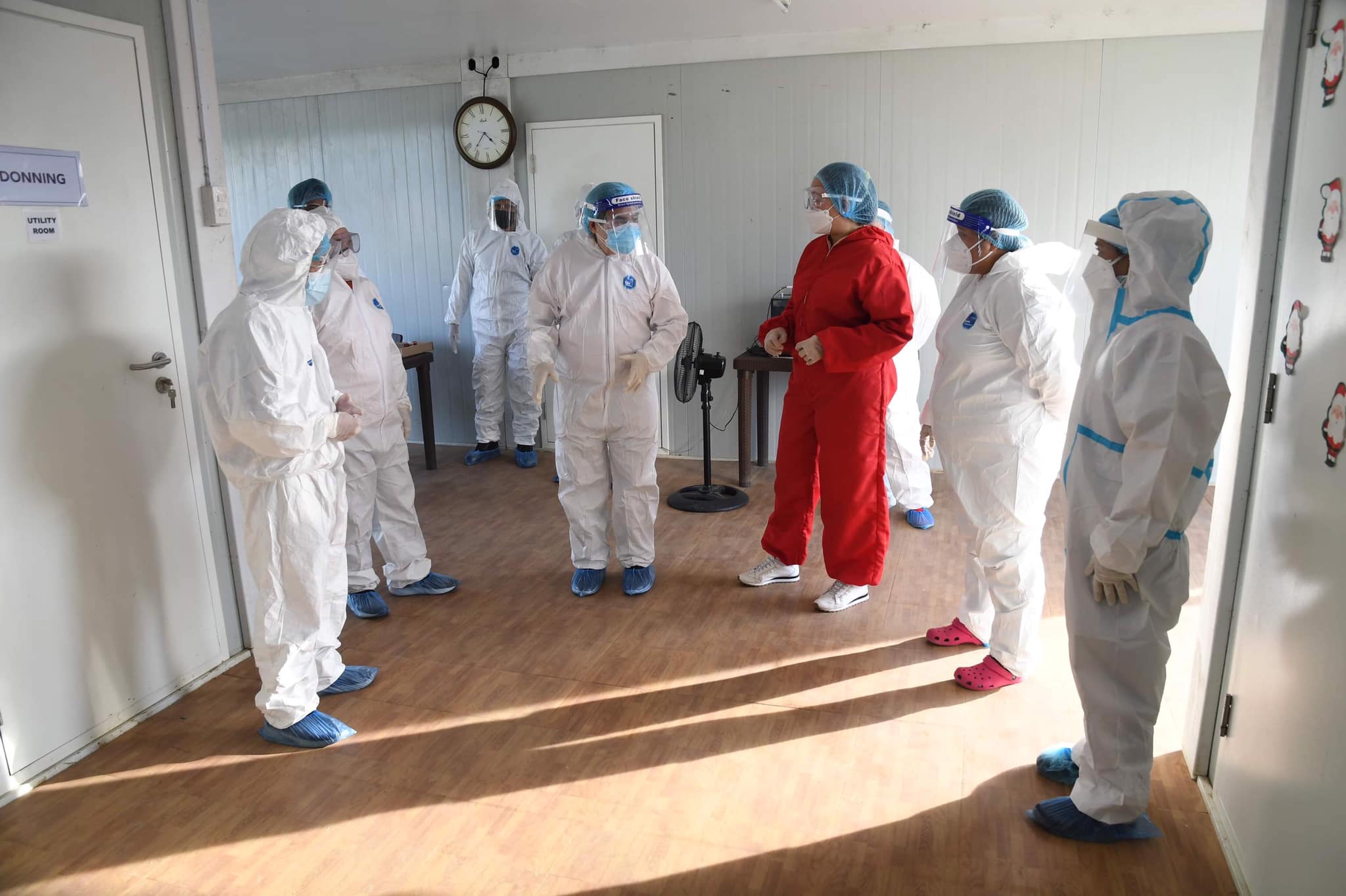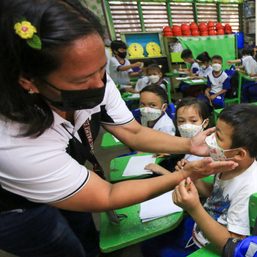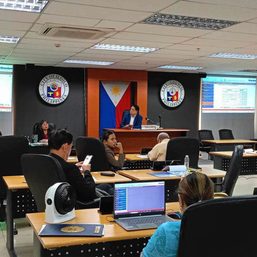SUMMARY
This is AI generated summarization, which may have errors. For context, always refer to the full article.

Iloilo City has slid down the COVID-19 quarantine scale to general community quarantine (GCQ) with heightened restrictions, Mayor Jerry Treñas announced on Friday, October 1.
“We have finally graduated from the MECQ-ECQ-MECQ phase after four months. We are now under GCQ with heightened restrictions,” the mayor said on his official Faebook page.
“Let us continue to observe the minimum health protocols so that we will remain under lower classification so more economic activities can be allowed and more will be given employment,” he added.
The city’s new COVID-19 cases numbers steadily dropped over the last two weeks from 180 down to 84 on September 30.
The province of Iloilo, however, remains under modified enhanced community quarantine (MECQ), the second highest quarantine status.
In Bacolod City, Mayor Evelio Leonardia and City Administrator Em Ang opened the Midway Referral Facility in Barangay Alijis on September 30, giving the COVID-19 high-risk city a step-up, step-down facility for infected residents.

The facility will handle COVID-19 patients awaiting hospital admission, as well as those who are discharged from the hospital but still need to recuperate.
Ang said the move would ease the shortage of hospital beds due to the surge of cases in Bacolod City and Negros Occidental.
“Doctors will be on call 24/7, and the vital signs of the patients will be closely monitored and started on medication, and in the event of incidents requiring cardiopulmonary resuscitation, the DRRMO (Disaster Risk Reduction & Management Office) will deploy emergency technicians and ambulances for immediate transfer of patient to the proper facility,” Ang said. – Rappler.com
Add a comment
How does this make you feel?


![[Time Trowel] Evolution and the sneakiness of COVID](https://www.rappler.com/tachyon/2024/02/tl-evolution-covid.jpg?resize=257%2C257&crop=455px%2C0px%2C1080px%2C1080px)






There are no comments yet. Add your comment to start the conversation.